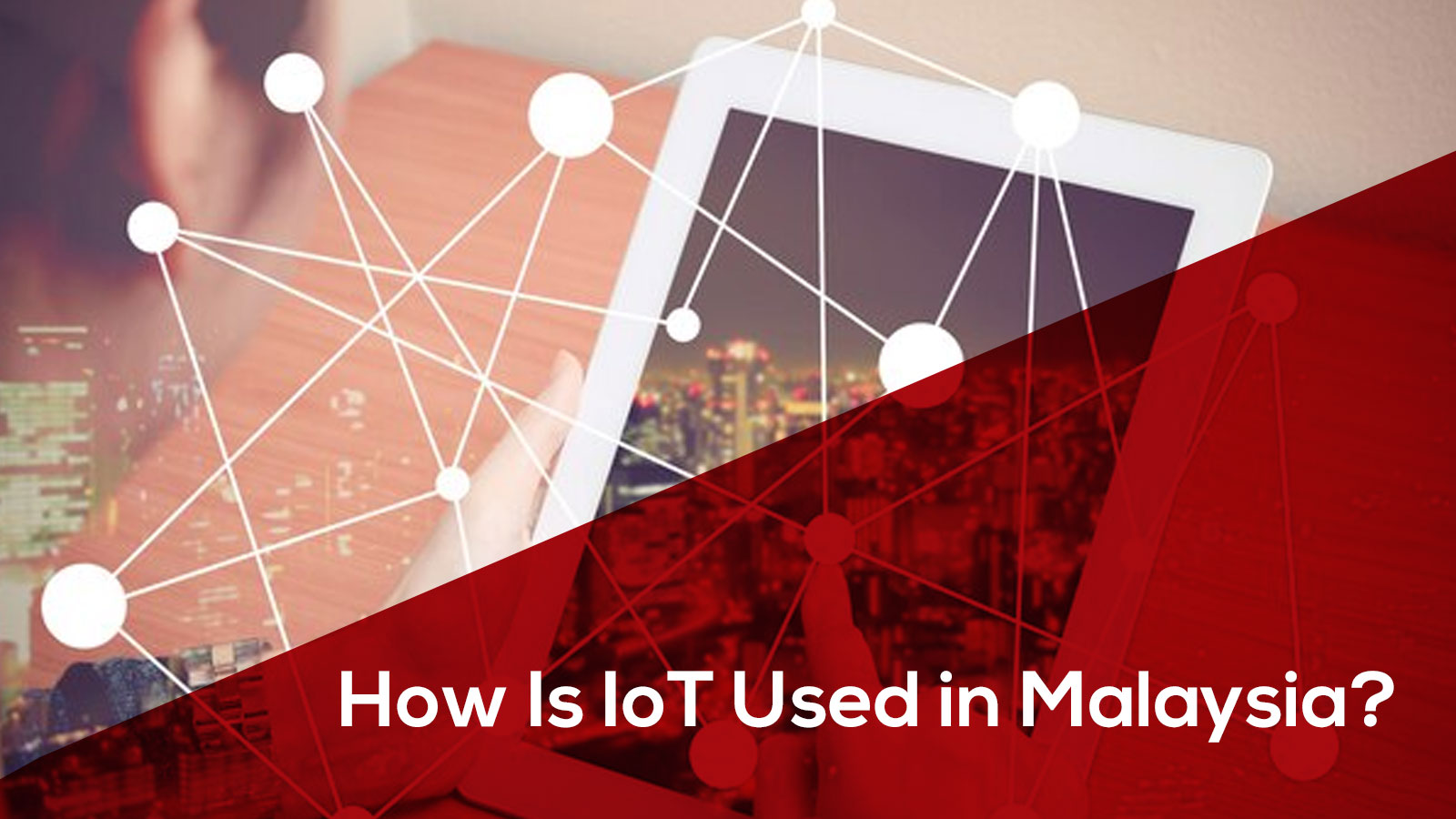Introduction
Malaysia is a country known for its diverse culture and stunning landscapes. But they’re also making significant changes in technology. The Internet of Things (IoT) is one of the technologies leading the digital transformation of the future.
In this blog post, we will look into IoT in Malaysia, exploring how this interconnected web of devices is becoming an integral part of everyday life.
Understanding IoT
Before diving into the different ways IoT is used in Malaysia, let’s briefly understand what IoT is. In simple terms, the Internet of Things refers to the network of interconnected devices that can communicate and share data over the Internet. These devices can range from everyday objects like refrigerators and thermostats to more sophisticated tools used in industries and healthcare.
IoT in Malaysian Homes
The use of IoT in Malaysian households is steadily growing. Smart homes, equipped with IoT devices, offer residents remarkable control and convenience. According to a recent survey, approximately 60% of urban households in Malaysia have embraced at least one IoT device. Smart thermostats, security cameras, and voice-activated assistants are becoming commonplace, allowing Malaysians to control their home environment with just a few taps on their smartphones.
Moreover, energy management is a growing concern, and IoT-enabled smart meters enable residents to monitor and optimize their energy consumption. This not only helps in reducing electricity bills but also contributes to a more sustainable and eco-friendly lifestyle.
Smart Agriculture
Agriculture is a crucial sector for Malaysia, and IoT technologies are being used to revolutionize agriculture. Smart agriculture solutions, such as precision farming and crop monitoring, have enabled farmers to optimize resource utilization. IoT sensors deployed in fields collect data on soil moisture, temperature, and crop health. According to a report by the Malaysian Industry-Government Group for High Technology (MIGHT), the adoption of such technologies in agriculture in Malaysia is expected to grow at a CAGR of 14.3% by 2025.
Industrial IoT (IIoT)
The integration of Industrial IoT (IIoT) has brought about significant advancements. Smart factories use IoT devices and sensors to monitor equipment health, predict maintenance needs, and streamline production processes. According to a study by Frost & Sullivan, the adoption of IIoT in manufacturing is set to grow by 35% annually.
Smart Cities
Malaysian cities are transforming smart cities, with IoT playing a pivotal role in urban development. Smart traffic management systems, waste management, and energy-efficient solutions are being implemented to enhance the everyday routine of people. The Smart Selangor initiative, for instance, aims to turn Selangor into a smart state, leveraging IoT for sustainable urban living.
Healthcare
IoT has made significant changes in the healthcare sector in Malaysia, enabling remote patient monitoring and efficient healthcare management. With the rise of telemedicine and wearable health devices, healthcare providers can deliver personalized and timely care. According to a report by Research and Markets, the healthcare IoT market in Malaysia is anticipated to grow at a CAGR of 31.2% between 2020 and 2025.
Transportation and Logistics
The transportation and logistics sector in Malaysia has embraced IoT to optimize supply chain operations and enhance overall efficiency. IoT-enabled tracking and monitoring systems provide real-time visibility into the movement of goods, reducing delays and improving inventory management.
Retail
In the retail sector, IoT is reshaping the customer experience and streamlining operations. Smart shelves, inventory tracking systems, and personalized shopping experiences driven by IoT data are becoming increasingly common. The adoption of IoT in the retail market in Malaysia is forecasted to grow at a CAGR of 16.2% from 2021 to 2026, according to a report by Mordor Intelligence.
Education
In the education sector, IoT is enhancing the learning environment through smart classrooms, campus management systems, and personalized learning experiences. IoT-enabled devices like smart boards and connected educational tools contribute to a more interactive and engaging learning experience.
Challenges of IoT
While the adoption of IoT in Malaysia brings about numerous benefits, it is not without its challenges. Privacy and security concerns, compatibility issues, and the need for a robust regulatory framework are among the problems that need to be addressed.
Conclusion
The Internet of Things is becoming more common in Malaysian society, shaping the future of how people live, work, and interact. From smart homes to connected healthcare and smart cities, the possibilities seem limitless. As Malaysia continues on its digital journey, embracing the transformative power of IoT, the nation is on its journey to a more connected, efficient, and sustainable future.
Frequently Asked Questions (FAQs)
What is IoT?
IoT, or the Internet of Things, refers to the interconnected network of devices and systems that communicate and share data to perform various tasks. In Malaysia, IoT plays a crucial role in transforming industries, enhancing efficiency, and contributing to the country’s digitalization efforts.
How extensively is IoT used in Malaysia?
Malaysia has embraced IoT across diverse sectors, with significant growth in adoption. The IoT market in Malaysia is expected to continue expanding at a compound annual growth rate (CAGR) of 14.3% through 2025.
Which are the key industries leveraging IoT in Malaysia?
IoT is used across various industries in Malaysia, including manufacturing, agriculture, healthcare, transportation, and smart cities.
What initiatives has the Malaysian government taken to promote IoT adoption?
The Malaysian government has been actively promoting IoT adoption through initiatives like the National IoT Strategic Roadmap and the Digital Free Trade Zone. These efforts aim to create a conducive environment for IoT development, research, and innovation.
Are there any challenges associated with IoT implementation in Malaysia?
While IoT adoption in Malaysia is on the rise, challenges such as cybersecurity concerns, data privacy issues, and the need for skilled professionals exist. Addressing these challenges is crucial to ensuring the sustainable growth of IoT in the country.
How does IoT contribute to environmental sustainability in Malaysia?
IoT plays a pivotal role in promoting environmental sustainability in Malaysia through applications like smart energy management, waste reduction, and pollution monitoring. These initiatives contribute to the country’s commitment to sustainable development goals.
What is the future outlook for IoT in Malaysia?
The future of IoT in Malaysia looks promising, with an increasing number of industries recognizing its potential. The adoption of 5G technology, coupled with ongoing government support, is expected to further propel the growth of IoT, making Malaysia a regional leader in IoT innovation.








